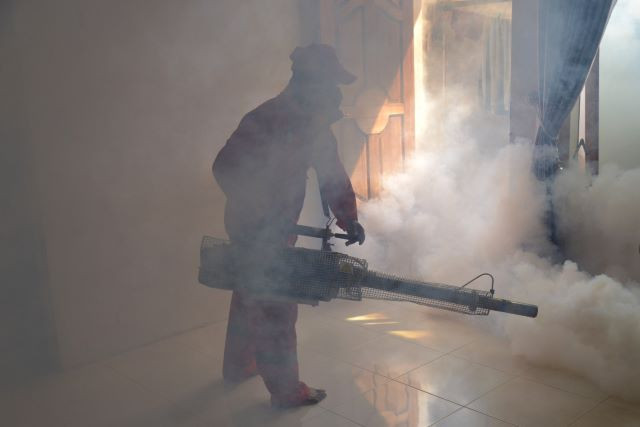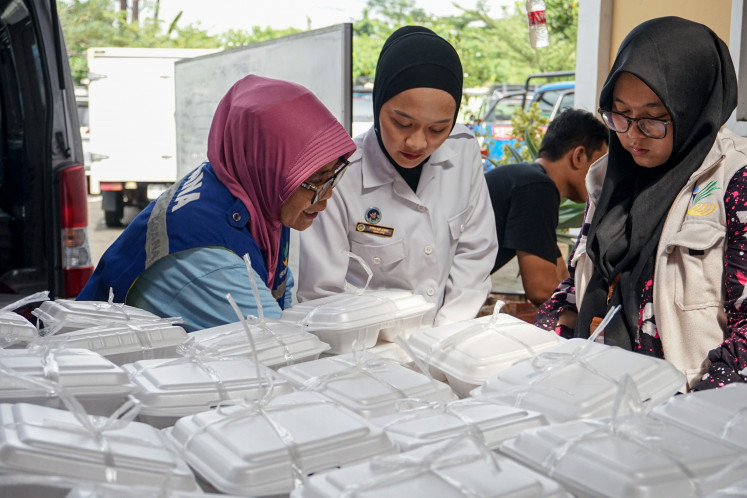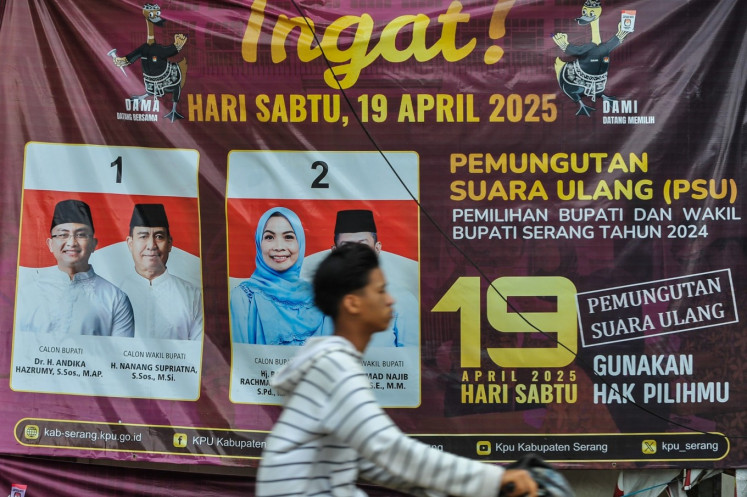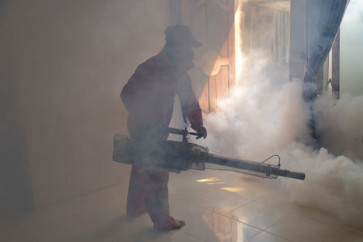Popular Reads
Top Results
Can't find what you're looking for?
View all search resultsPopular Reads
Top Results
Can't find what you're looking for?
View all search resultsWolbachia goes to work in the war on dengue
Based on some success stories, the Health Ministry issued a decree last year on the pilot project for dengue control through Wolbachia.
Change text size
Gift Premium Articles
to Anyone
A
rboviruses are a group of pathogens responsible for a wide range of infectious diseases that affect humans, animals and plants. Examples include dengue fever, Zika and chikungunya, which are transmitted primarily by mosquitoes.
Dengue is endemic in more than 100 tropical and subtropical countries, including Indonesia. Some models estimate global dengue infections exceed 400 million annually. Mortality rates from dengue are low but outbreaks can overwhelm health systems and force many people to miss work or school.
Half of the world’s population is now at risk of contracting the disease. Dengue is the most prevalent viral infection transmitted by Aedes aegypti, but the mosquito is also responsible for transmitting Zika, yellow fever and chikungunya, all major global health threats causing hundreds of thousands of deaths every year.
Without effective vaccines or treatment, the only option left is to stop mosquitoes from transmitting diseases. Traditional methods of preventing mosquito-borne diseases have not been nearly effective against dengue. The Aedes aegypti mosquitoes that most commonly spread dengue have been resistant to insecticides.
The dengue virus comes in four different forms so it is harder to control through vaccines. Aedes aegypti mosquitoes are also a challenging foe because they are most active during the day so bed nets are not much help against them. Because these mosquitoes thrive in warm and wet environments, and in dense cities, climate change and rapid urbanization are expected to make the fight against dengue even harder.
Scientists have made great strides in recent decades in reducing the threat of mosquito-borne diseases. But dengue is the exception, its rate of infection keeps going up dramatically. Scientists have pursued alternatives for years. Much attention has been paid to genetic modifications that could effectively eliminate the entire Aedes aegypti species, but concerns about the ecological effects of this kind of engineering have lent momentum to other methods.
Then enter Wolbachia-infected mosquitoes, a technique that leaves the mosquito mostly unharmed. Wolbachia is a group of intracellular bacteria that infect a wide range of arthropods, including mosquitoes. Wolbachia bacteria exist naturally in about 60 percent of insect species, not just in the Aedes aegypti mosquito.



















